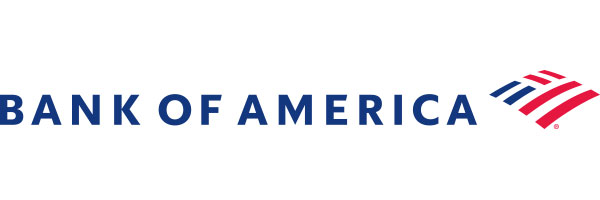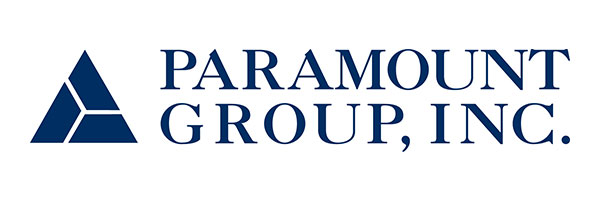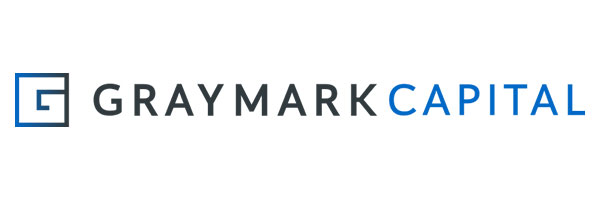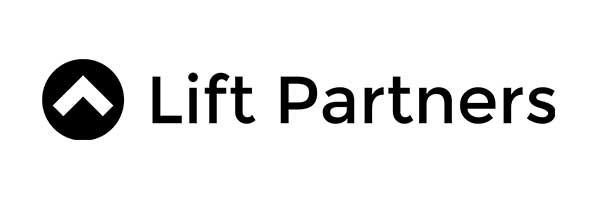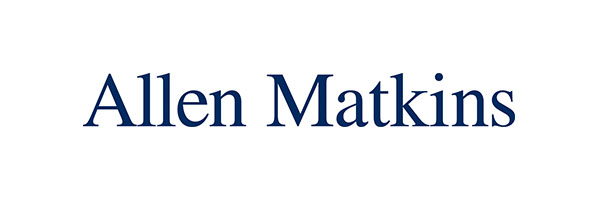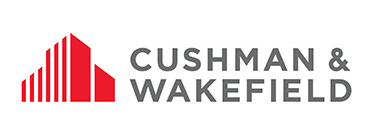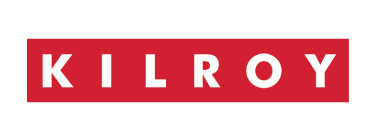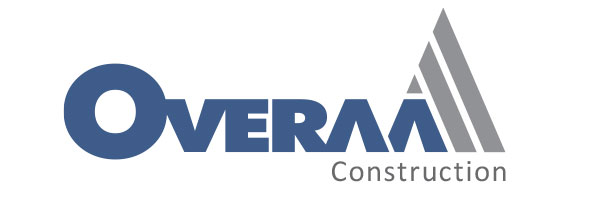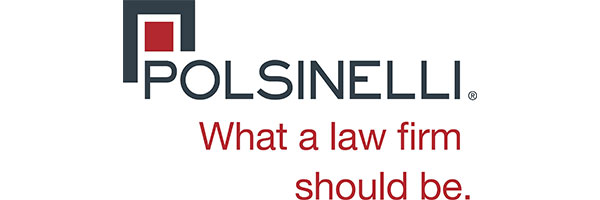CBPA's California Legislative Update 10/05/2020
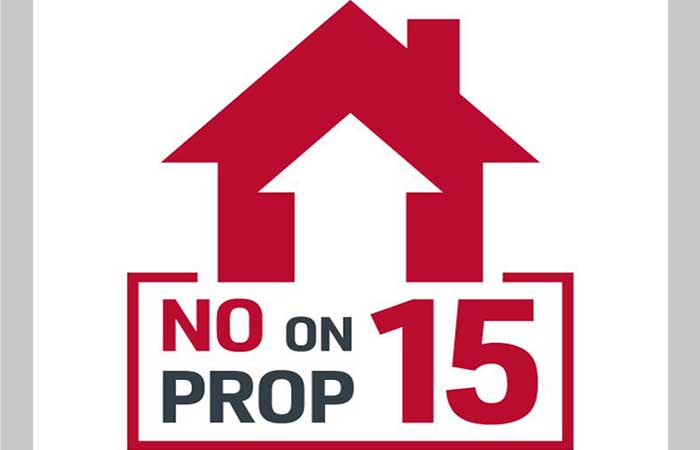
- PROP 15: “NO. 1 TARGET ON THE BALLOT MAY BE A CLOSE CALL”
- ENERGY EFFICIENCY BILL INTRODUCED IN CONGRESS
- PRIORITY BILLS SIGNED BY THE GOVERNOR
- PRIORITY BILLS VETOED BY THE GOVERNOR
- AGENCIES CONSIDERING UPDATE TO EV CHARGING REGULATIONS
- ENERGY COMMISSION WORKSHOP ON PROPOSED COMMERCIAL SOLAR MANDATE
- CBPA 2020 CALENDAR
PROP 15: “NO. 1 TARGET ON THE BALLOT MAY BE A CLOSE CALL”
CBPA’s President and CEO – and one of the state’s main Champions fighting against the split roll property tax measure – Rex Hime is quoted extensively in this story by BisNow:
“California’s commercial real estate industry is preparing for the home stretch of an election campaign that could have major consequences for the state's property owners and businesses.
“Thus far, it is shaping up to be a close call, at least for one of the industry's two big items.
Proposition 15, which would raise taxes on commercial and industrial property by taxing based on current market value, was favored by 51% of voters in the latest poll by the Public Policy Institute of California, conducted between early and mid-September and including 1,700 California residents.”
Click here to read the rest of the story and see what Rex has to say.
ENERGY EFFICIENCY BILL INTRODUCED IN CONGRESS
Our friends at BOMA International report that Congressman Roger Williams (R-TX) introduced a bill to make 179D, the Energy Efficient Commercial Buildings Tax Deduction, permanent. The “Promoting Commercial Energy Efficiency Act” (no bill number yet) is an important step to ensure the viability of energy efficiency investments now and in the future.
First enacted in 2005, 179D has offered commercial building owners up to $1.80 per square foot to offset some of the costs for major energy-efficient improvements made to heating, ventilation and air conditioning (HVAC) systems; the building envelope; and lighting upgrades that exceed ASHRAE Standard 90.1 by 50 percent. A partial deduction of $.60 per square foot also has been available for retrofits of individual building systems. 179D remains the sole federal energy efficiency incentive for commercial buildings.
BOMA International and other real estate professional groups have long been advocates for both improving the deduction and making it permanent. BOMA COO & President, Henry Chamberlain testified in March of 2018 before the House Ways & Means Committee on behalf of making 179D permanent and staff appeared before a 2019 select Senate Committee on Cost Recovery as well.
From way out on the Left Coast we applaud the introduction of this bill and looks forward to working with all of our associations in D.C. to make 179D the best incentive for commercial building owners and managers retrofit their buildings to save energy, save money and preserve the planet.
PRIORITY BILLS SIGNED BY THE GOVERNOR
|
Planning and zoning: annual report: housing development: streamlined approvals. |
NEUTRAL (AMENDS TAKEN) |
|
|
Housing financing programs: uniform procedures. |
SUPPORT |
|
|
COVID-19: imminent hazard to employees: exposure: notification: serious violations. |
OPPOSE |
|
|
California Consumer Privacy Act of 2018. |
SUPPORT |
|
|
General plans: housing element: moderate-income and above moderate-income housing: suburban and metropolitan jurisdictions. |
NEUTRAL |
|
|
Energy: transportation electrification: energy efficiency programs: School Energy Efficiency Stimulus Program. |
NEUTRAL (AMENDS TAKEN) |
|
|
Privacy: California Consumer Privacy Act of 2018. |
OPPOSE |
|
|
Shared mobility devices: agreements. |
SUPPORT |
|
|
Planning and zoning: housing element and entitlement extensions. |
SUPPORT |
|
|
Unemployment insurance: work sharing plans. |
OPPOSE |
|
|
Employment violation complaints: requirements: time. |
OPPOSE |
|
|
Occupational safety and health: agricultural employers and employees: COVID-19 response. |
OPPOSE |
|
|
Public works. |
OPPOSE |
|
|
Employment practices: leave time. |
NEUTRAL (AMENDS TAKEN) |
|
|
Fire prevention: wildfire risk: defensible space: ember-resistant zones. |
SUPPORT |
|
|
Wages: enforcement. |
OPPOSE |
|
|
Tenancy: rental payment default: mortgage forbearance: state of emergency: COVID-19. |
NEUTRAL (AMENDS TAKEN – COMMERCIAL EXEMPTED) |
|
|
California Environmental Quality Act: exemptions: transportation-related projects. |
SUPPORT |
|
|
Employers: annual report: pay data. |
OPPOSE |
|
|
Residential property: foreclosure. |
OPPOSE |
|
|
Workers’ compensation: COVID-19: critical workers. |
OPPOSE |
|
|
Unlawful employment practice: California Family Rights Act. |
OPPOSE |
PRIORITY BILLS VETOED BY THE GOVERNOR
|
Unemployment compensation: benefits payable: collection. |
OPPOSE |
|
|
Medical test results: verification credentials. |
OPPOSE |
|
|
Unemployment: rehiring and retention: state of emergency. |
OPPOSE |
|
|
Local government: planning and zoning: wildfires. |
OPPOSE |
|
|
Employers: Labor Commissioner: required disclosures. |
OPPOSE |
AGENCIES CONSIDERING UPDATE TO EV CHARGING REGULATIONS
The Governor’s announcement on plans to prohibit the sale of new cars with internal combustion engines starting in 2035, means that auto manufacturers will only be offering Zero-Emission Vehicles for sale in California after 2034.
In an effort to ensure the availability of charging stations throughout the state, the Air Resources Board (ARB) is asking HCD and the Building Standards Commission to update their EV-Ready requirements for new non-residential and multi-family buildings to increase the percentage of EV-Ready parking spots to 15% of all available spots. Current standards in Cal Green require 10% of the parking spots have an empty conduit (plastic or metal pipe) connecting the parking lot with the electrical panel. Also, the electrical panel must have enough unused capacity (plug slots) to allow for the later installation of EV-charging stations (e.g.: “EV-Ready”).
And, for the first time, the ARB will be asking these agencies to mandate the installation of at least one fully-functioning, Level 2 EV-charging station in new multifamily and commercial buildings. This marks a significant departure from the EV-Ready policy for the past six years and raises the question: Who will pay for this? After all, the state would be mandating the installation of something that (1) may not see significant use for years and, more importantly, (2) provides a revenue stream for the local utility (not the building owner).
As of press time, ARB is not seeking any changes to the EV-ready requirements for single-family homes, as all new homes (100%) have been required to be EV-Ready since July of 2015.
ENERGY COMMISSION WORKSHOP ON PROPOSED COMMERCIAL SOLAR MANDATE
California Energy Commission (CEC) staff will conduct a workshop to present and discuss proposed changes related to solar photovoltaic requirements and electrification for the 2022 update of the California Building Energy Efficiency Standards (Energy Code).
This webinar will include staff presentations on proposed updates to Part 6 of the 2022 Energy Code and Part 11 of the California Green Building Code to encourage greater use of electric heat pump technologies for low-rise residential buildings, high-rise residential buildings and selected nonresidential building categories.
The webinar also will include staff presentations on proposed updates to require photovoltaic systems and batteries in high-rise residential and selected nonresidential building categories and proposed updates pertaining to photovoltaic systems and batteries to address identified implementation issues.
The workshop will be on Tuesday, October 6, 2020, starting at 9:00 a.m. Click here for the agenda and instructions on how to participate.
CBPA 2020 CALENDAR
NOTE DUE TO THE COVID-19 PANDEMIC EVENTS ARE BEING ADJUSTED TO TELECONFERENCE OR PENDING SHELTER-IN-PLACE ORDERS BEING LIFTED
Thursday, November 5: CBPA Board Meeting – via Zoom
For more information on any of our events, please contact Melissa Stevens at 916-443-4676 or mstevens@cbpa.com.



